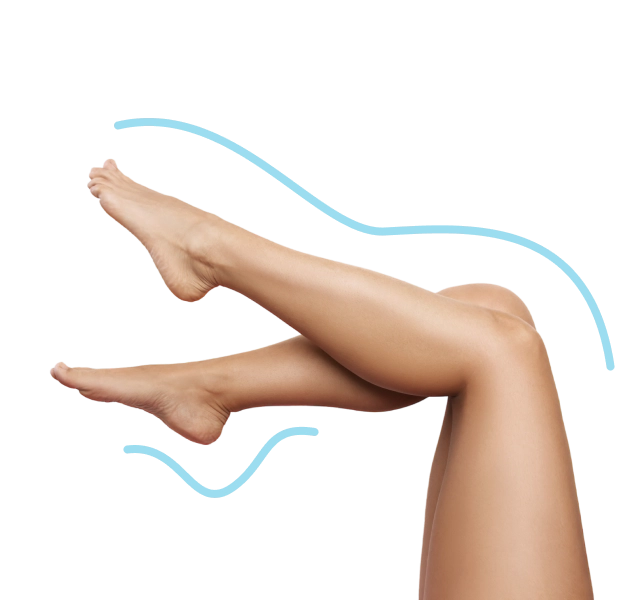Swollen feet & ankles
Swollen feet and ankles can indicate various underlying health concerns, such as circulatory problems, fluid retention, or dietary imbalances. Understanding these factors is key to effective treatment. While traditional treatments focus on symptom relief, a holistic approach delves into the root causes.

Symptom of
Swollen feet & ankles
The symptoms of swollen feet and ankles can include:
- Swelling or puffiness in the feet and ankles.
- Tightness or discomfort in the affected area.
- Reduced mobility or difficulty moving the affected limb.
- Skin discoloration or redness.
Causes of
Swollen feet & ankles
The causes of swollen feet and ankles can vary from person to person, and can be influenced by a number of factors including genetics, lifestyle, diet, environmental toxins, stress, and hormonal imbalances. Some common triggers include:
- Fluid retention: Fluid retention can be caused by a variety of factors, including heart, liver, or kidney disease, pregnancy, or hormonal imbalances.
- Injuries: Injuries such as sprains, fractures, or infections can cause swelling in the feet and ankles.
- Poor circulation: Poor circulation can be caused by a variety of factors, including varicose veins, blood clots, and peripheral artery disease.
- Nutrient deficiencies: Deficiencies in nutrients such as magnesium and potassium can affect fluid balance and contribute to swelling.
Our top picks
-
 16 itemsGetTested’s Cortisol Test measures bioavailable and free cortisol on seven occasions during a day. Cortisol is released in response to physical or mental stress. Produced by the ad…
16 itemsGetTested’s Cortisol Test measures bioavailable and free cortisol on seven occasions during a day. Cortisol is released in response to physical or mental stress. Produced by the ad…£125.00Original price was: £125.00.£123.00Current price is: £123.00.
Treatments for
Swollen feet & ankles
Functional medicine approaches to treating swollen feet and ankles involve identifying and addressing the underlying causes of the condition. Some common treatments include:
- Nutritional supplements: Supplements such as magnesium and potassium can help address nutrient deficiencies and support fluid balance.
- Lifestyle modifications: Regular exercise, a healthy diet, and stress-reduction techniques such as meditation and yoga can help improve overall health and support fluid balance.
- Environmental modifications: Reducing exposure to environmental toxins and pollutants, and using natural cleaning products can help reduce inflammation in the body and support overall health.
- Compression therapy: Compression socks or stockings can help improve circulation and reduce swelling.
- Medications: In some cases, medications may be prescribed to help manage symptoms or treat underlying medical conditions.
Understand the root cause: Take a test today to always perform at your max







